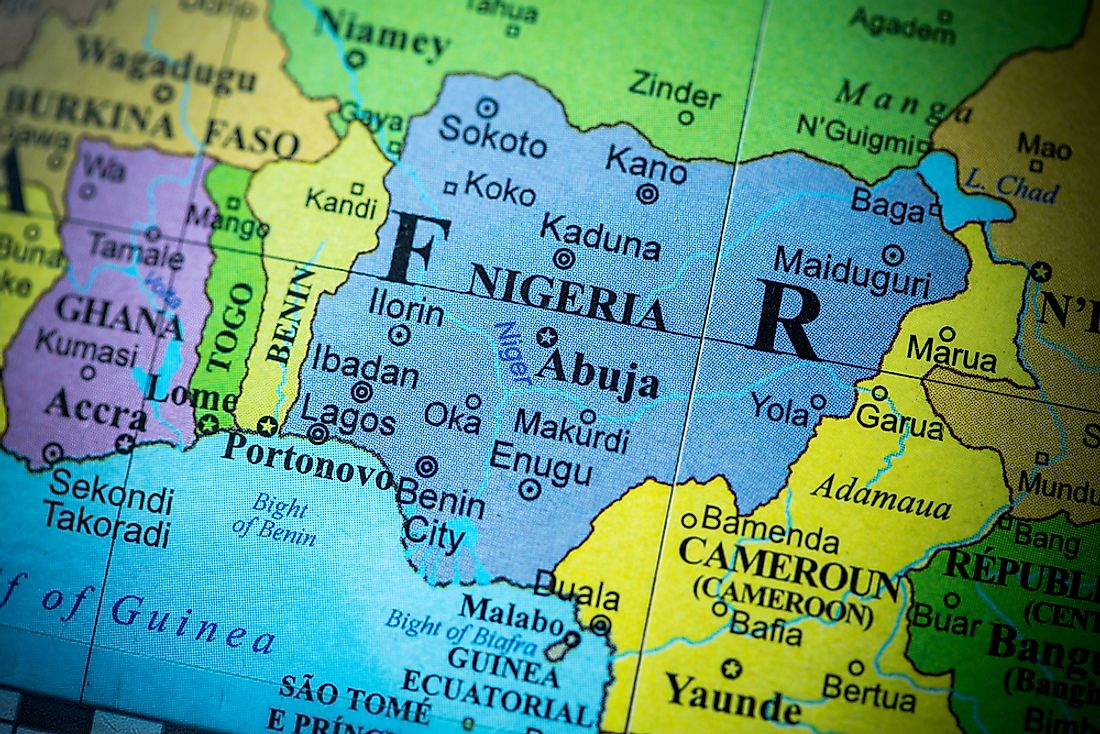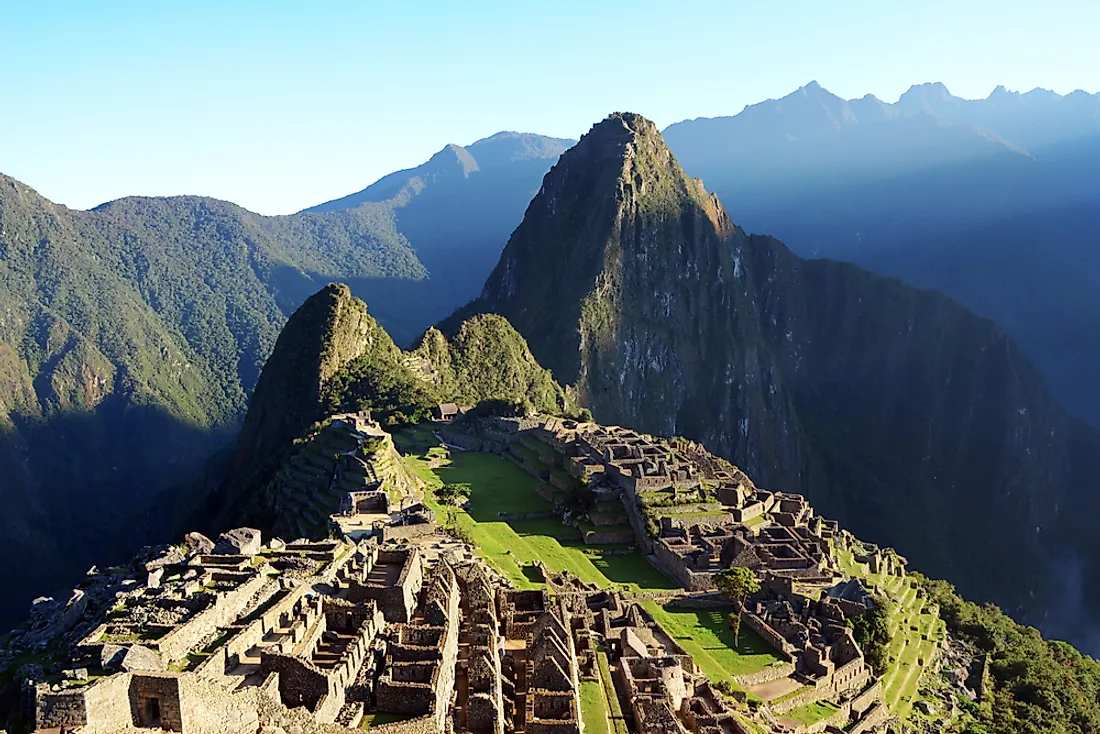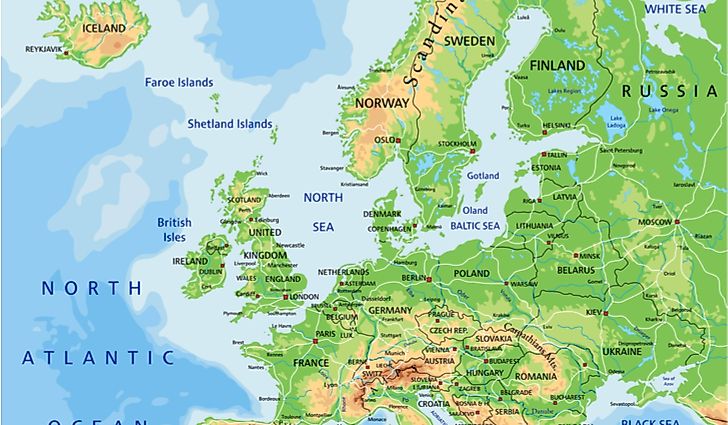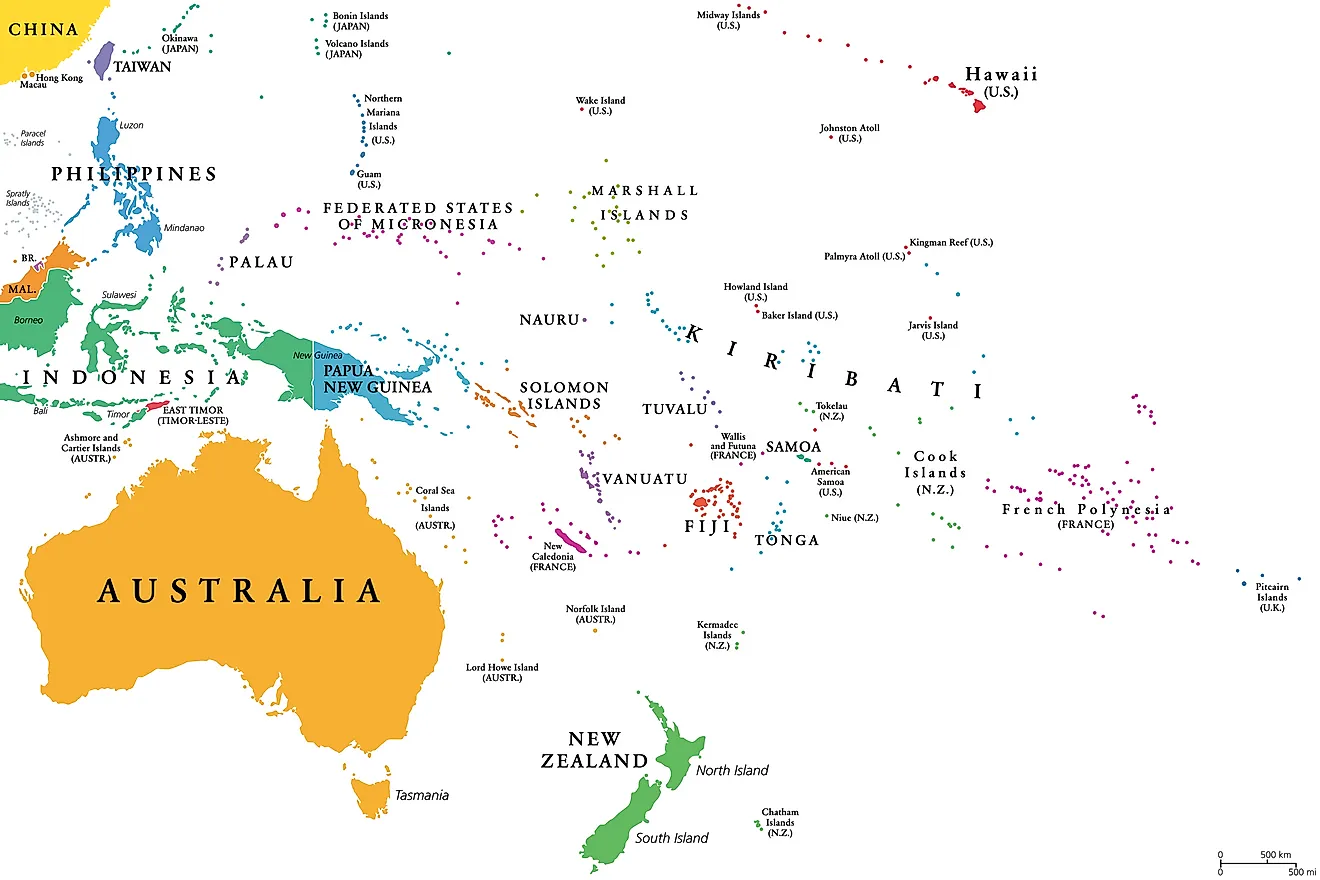What Continent Is Nigeria In?

Nigeria is a country in Africa. Nigeria is a member of Economic Community of West African States (ECOWAS) and the African Union (AU). In African sports, Nigeria hosted the 8th All African games in 2003, emerging champions in the games. Nigeria has also won the African Cup of Nations tournament.
Nigeria credits its name to the Niger River which flows across the country. A British writer, Flora Shaw, named the area “Nigeria” after the name of the river. Geographically Nigeria is found in West Africa, where it covers 356,669 square miles. The country has a variety of physical features such as mountains, plateau, mangroves, and rain forests. Nigeria is the most populated country in Africa, with a population of 185.9 million people.
History
History of Nigeria dates back to 500 BC as evidenced by sculpture and other fossils. The Hausa kingdom was a prominent center for barter trade in 999 AD. In the tenth century, The Igbo tribe was well organized and involved in bronze work. One of the prominent tribes of the Yoruba established a kingdom in the 12th century. In the 18th century, Usman dan Fodio, a Muslim ruler, led a war in the region against the Yoruba Kingdoms and established the Fulani Kingdom which was a centralized government.
In the 16th century, the Portuguese explorers did some commercial activities with the Nigerians in Calabar Port. Later, slave trade was introduced with the port providing a large number of slaves who were exported to various destinations, especially Europe. Most of the ports carried out successful slave trade which came to an end in 1807.
The Christian missionaries began penetrating the inland bringing in religion, education and western civilization. The British were able to colonize Nigeria until 1960 when the country got her independence.
Politics and Governance
After independence, the government was formed by a coalition of various political parties. The first general was Nnamdi Azikiwe. The country adopted a federal presidential system largely borrowed from the US. The president is the head of state. Currently, General Muhammadu Buhari is the president. There are 36 states.
Between 1967 and 1970 there was fighting shortly after the 1966 coup which led to political instability. Various countries participated in restoring peace to the country, among them France, Britain, the Soviet Union, and Egypt. The Civil War came to an end in January 1970. Democracy resumed in 1999 upon the election of Olusegun Obasanjo as president.
Economy
The Nigerian economy had a major boost upon the discovery of oil in the 1970s, making Nigeria the 12th largest producer of oil in the world. Other major sectors of the economy include financial, transport, legal, and communication. The country has the 21st largest GDP in the world. The country is estimated to have had the highest economic growth in Africa in 2009 at 9%. About one-third of the population is employed in the agricultural sector. Mining is not fully exploited with resources such as coal, tin, gold, tantalite and lead being found in average quantities. The manufacturing sector is in its infancy.







